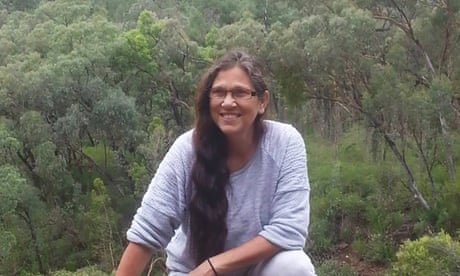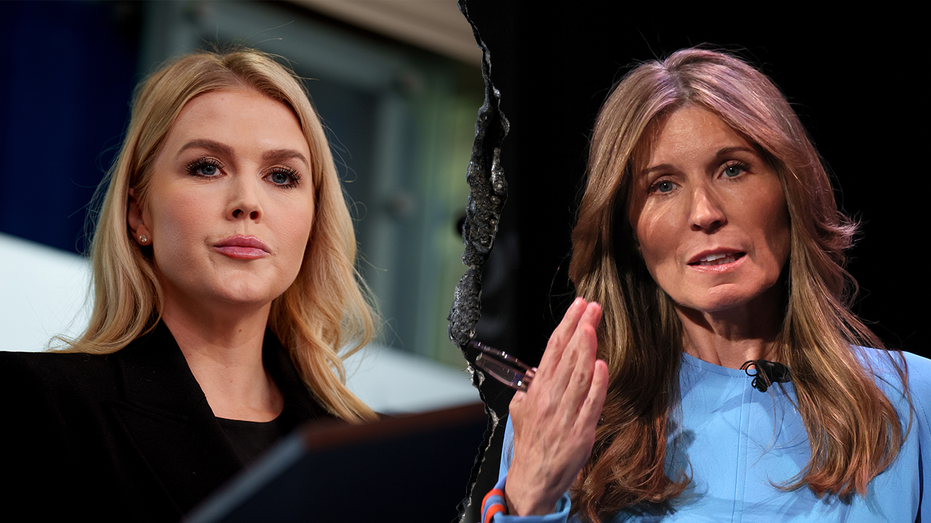- by foxnews
- 06 Mar 2025
‘These are sacred places’: farmers say they will work with traditional owners after NSW land saved from coalmine
‘These are sacred places’: farmers say they will work with traditional owners after NSW land saved from coalmine
- by theguardian
- 12 Jan 2022
- in news

Farmers have committed to working with traditional owners after land in New South Wales' Liverpool Plains previously acquired for a Chinese state-owned coalmine was bought back by local farming families.
Dolly Talbott, a representative of the Gomeroi traditional custodians, said traditional owners were still seeking assurances that their sacred places were safe and accessible to Indigenous people.
Talbott said there was never any consultation with traditional owners to ensure Gomeroi people's access to sacred sites, which include ceremonial areas, large grinding groove sites, scarred trees, burial sites and artefacts.
"We've still got to resort back to jumping fences if we want to visit these sites or rely on the good faith farmers will allow us to do that. And even if the farmers of today allow us to do that, what about the next generation?"
Her comments come after the portfolio of land in north-west NSW once earmarked for a coalmine has been sold in separate properties carved up between 12 local farming families plus one corporate institution in a deal valued at $120m.
"I hope there are farmers who are going to stand up and say something about this land being protected. I call on Fiona Simson [the president of the National Farmers Federation] to call for these places to be protected," Talbott said.
Simson, a farmer in the Liverpool Plains area, said the community had always supported the Gomeroi in their quest to retain access to country and would continue to do so.
Simson said she would encourage landholders to work with the Gomeroi towards resolving access because both farmers and traditional owners had huge respect for the land and their heritage in this area.
Simson credited the community's ability to work together alongside the traditional owners as one of the main reasons they had been able to sustain "a long hard-fought battle" over a decade which resulted in the NSW government paying Shenhua $100m to cancel the coalmine project in April 2021.
Simson said the 10 years of sustained effort had involved everything from cake stalls to blockades, political letter writing campaigns, engaging in scientific panels and government reference groups.
David Goodfellow, the managing director of CBRE Agribusiness, who negotiated the sale of the land, credited the community's battle as one of the reasons they put in extra effort to see the land returned to local farming families rather than any of the domestic and foreign-owned investors who wanted the benefit of such a large aggregation of land.
Goodfellow said they had made a very genuine commitment at the start of the sale process to give local producers a proper opportunity to be successful in purchasing land by selling it in individual properties rather than one single aggregation.
Goodfellow said Shenhua didn't specifically ask CBRE to focus on the local landholders but were "quite amenable" to allowing locals to buy the land.
Even though there was "a lot more work and a bit more risk" in splitting up the property, Goodfellow said Shenhua was willing to do so providing CBRE committed to carry out the extra workload required.
"Perhaps some other agents might take the easiest path, which is to do one transaction. We were happy to put the effort in because we knew how hard the locals had fought to have that land retained for agricultural use rather than for it to be used as a coalmine."
Of the five corporates wanting to buy the entirety of the largest property known as Breeza, one corporate agreed to buy a portion so that the balance of the land could be made available to local families.
Goodfellow said the corporate entity - yet to be named - had bought approximately a quarter of the land, with the majority going to local farming families.
Given the high market values farming real estate is commanding, Goodfellow said the major job for CBRE was not negotiating the price but realigning farm boundaries of the land to suit exactly what various families wanted.
Goodfellow said the successful corporate entity is an Australian firm which already owns farms in Australia, but funded with foreign capital which needs to be reviewed by the Foreign Investment Review Board.
"For the local farmers who've been able to buy this land, this is ensuring the future longevity of their family farming businesses and their ability to plan for the future and their ability to engage future generations in their farming businesses," Simson said.
"To be able to remove the threat of coalmining and acquire land that is neighbouring their own and enlarge and diversify their current farming businesses means a really strong future for them and for the Liverpool Plains as a future agricultural region of Australia.
Simson believes government could learn lessons around strategic planning informed by "good science, good governance and good process".
"The Liverpool Plains is an exemplar of all of those things not occurring and government will ignore those things at their own peril."
- by foxnews
- descember 09, 2016
'Gate lice' run-ins have flyers demanding more airlines 'crack down' on pesky travel trend
Passengers are asking major airlines to do something about "gate lice" problem at airports. American Airlines currently has new tech to stop the line-cutters.
read more


